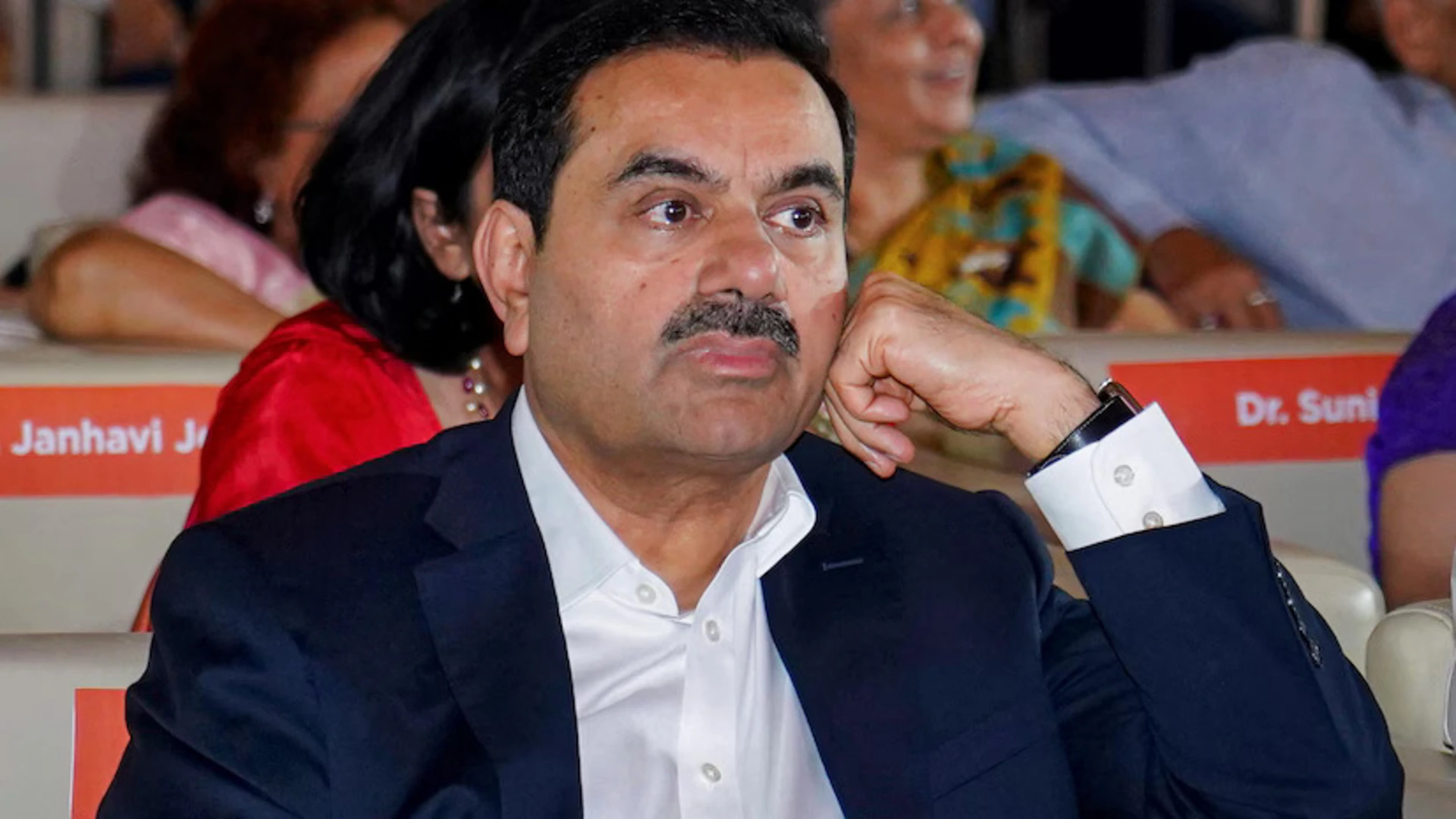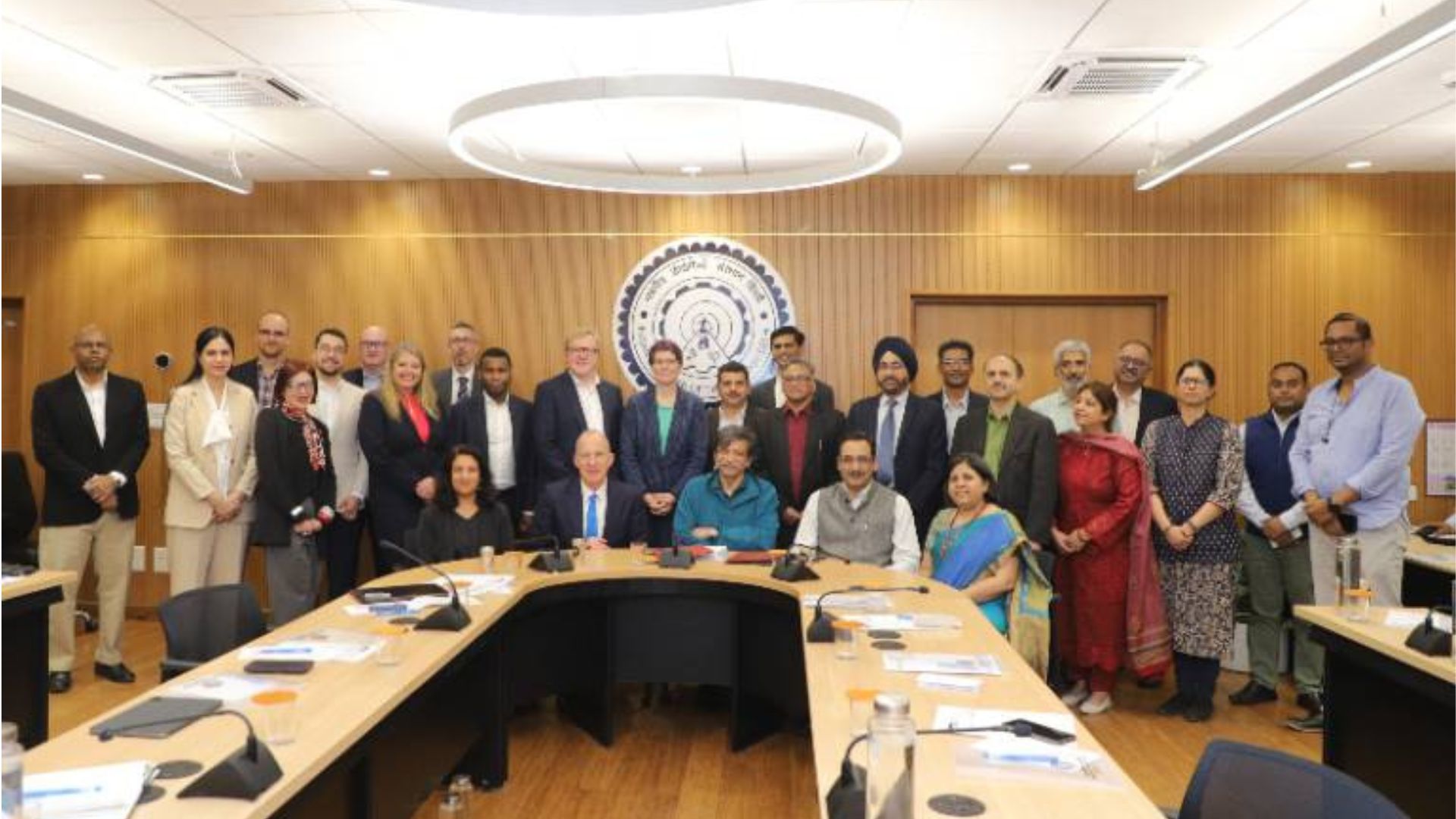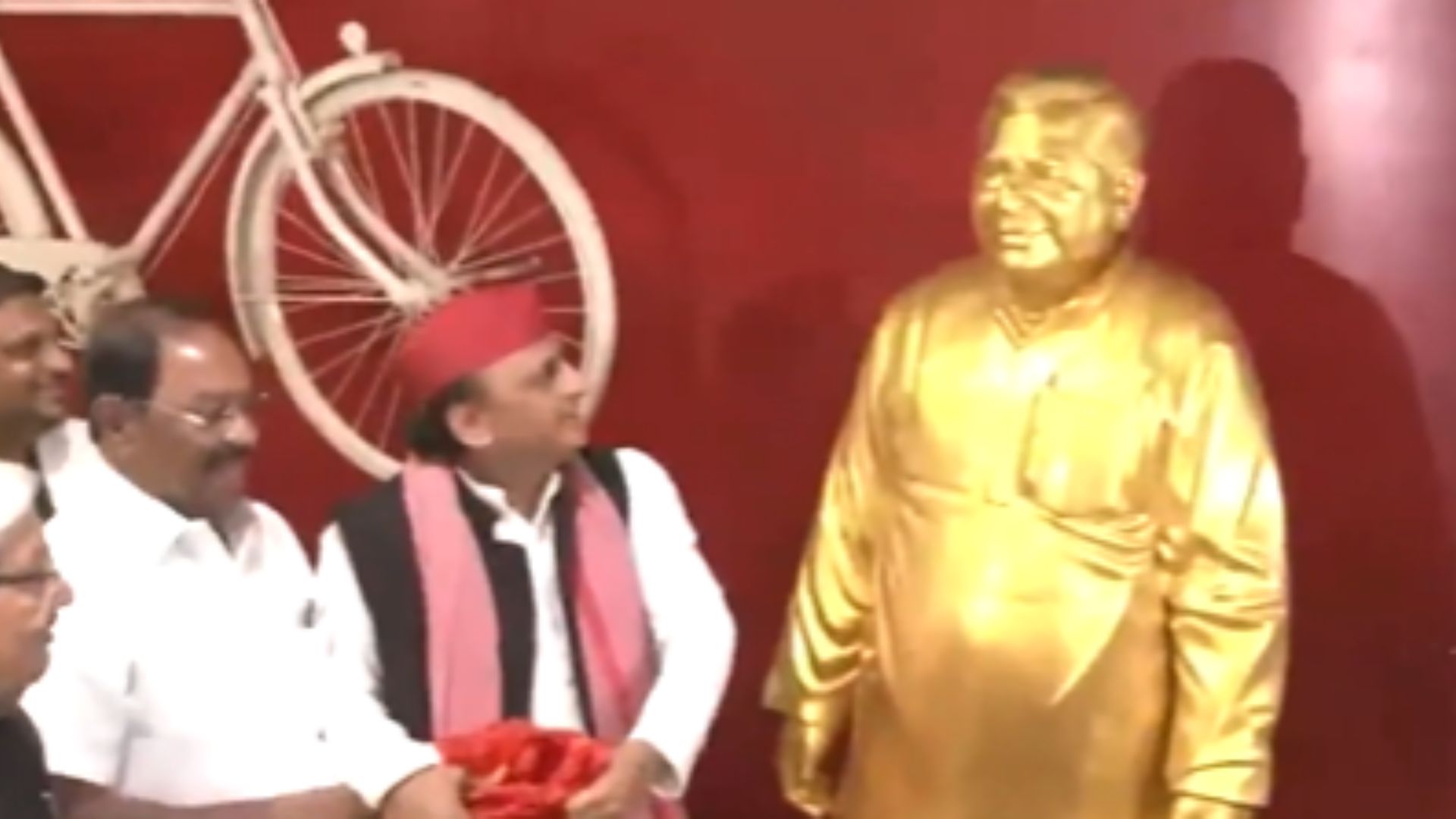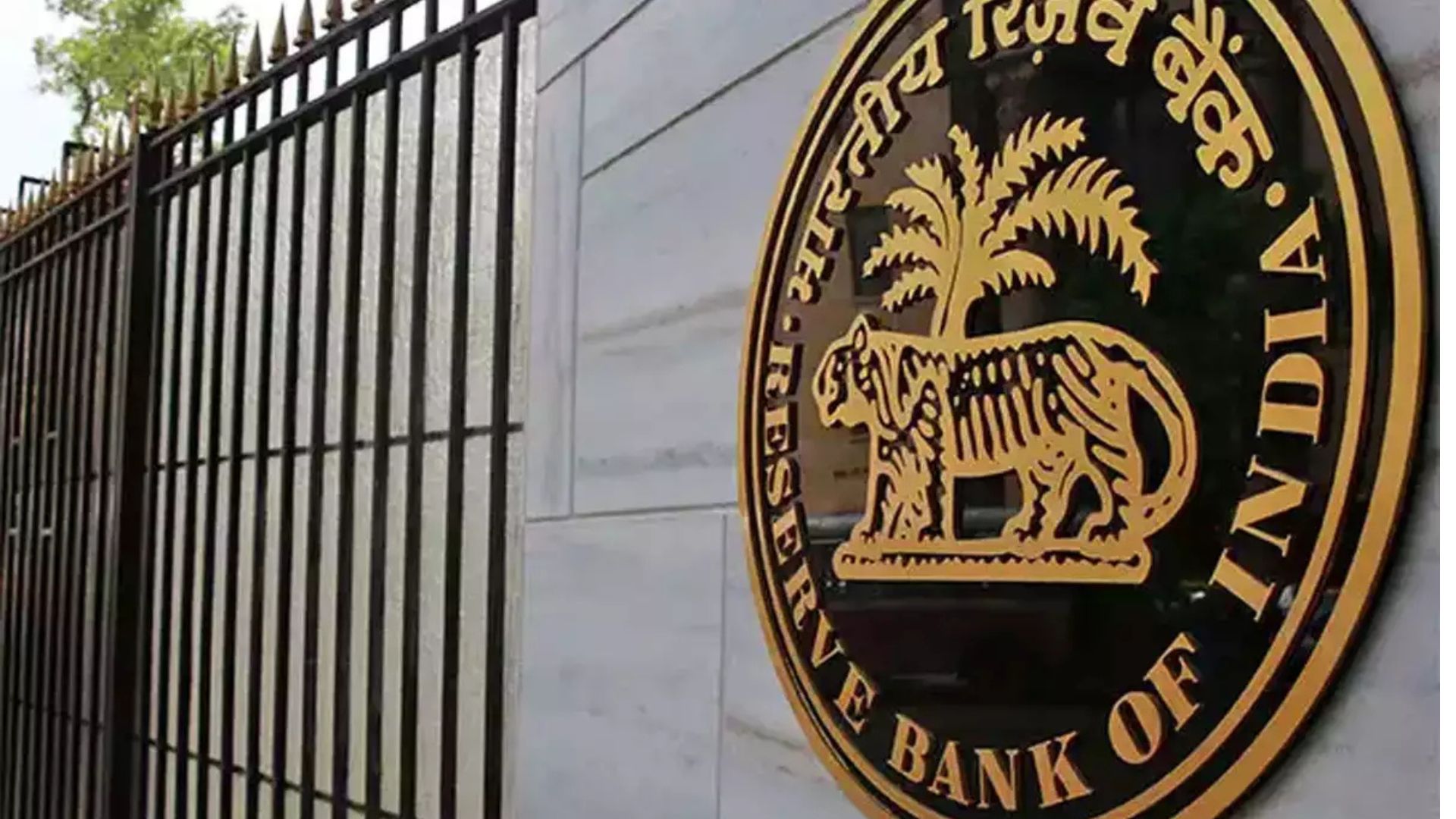
In response to widespread protests following the tragic rape and murder of a 31-year-old doctor at Kolkata’s RG Kar Medical College and Hospital, the West Bengal Assembly has passed a new piece of legislation known as the Aparajita Bill. This bill aims to amend certain provisions of the Bharatiya Nyaya Sanhita (BNS) to impose more severe penalties for rape and child abuse cases in the state.
What Is the Aparajita Bill?
The Aparajita Bill proposes several significant amendments to the Bharatiya Nyaya Sanhita, which governs criminal justice in India. Under Section 64 of the BNS, a person convicted of rape faces a minimum of 10 years of rigorous imprisonment, which can extend to life imprisonment. The Aparajita Bill proposes a more stringent punishment: life imprisonment for the “remainder of the convict’s natural life,” and introduces the death penalty as an alternative. Additionally, the bill mandates that any fines imposed must be “fair and reasonable” to cover the medical expenses and rehabilitation costs of the victim.
In amending Section 66 of the BNS, the Aparajita Bill makes a critical change to the penalties for rape cases resulting in the victim’s death or a “vegetative state.” While the BNS provides for a range of punishments including up to 20 years of imprisonment, life imprisonment, and the death penalty, the Aparajita Bill stipulates that only the death penalty is applicable in such cases.
Furthermore, the bill revises Section 70 of the BNS, which addresses penalties for gang rape. The Bengal legislation eliminates the option of a 20-year prison term, mandating life imprisonment or the death penalty for those convicted of gang rape.
The Aparajita Bill also increases the penalties for disclosing the identity of victims of sexual violence. The BNS provides for a jail term of up to two years for such offenses, but the Aparajita Bill raises this to between three and five years. Additionally, the bill strengthens punishments for child abuse as outlined by the Protection of Children from Sexual Offences (POCSO) Act.
Also Read: Kolkata Rape-Murder: Mamata Calls for PM Modi and Amit Shah’s Resignation
To address these serious crimes more effectively, the bill includes provisions for establishing special courts dedicated to sexual violence cases and forming task forces to investigate such incidents.
Bill to become law
The Aparajita Bill was passed by the West Bengal Assembly with support from both the ruling Trinamool Congress and the Opposition. However, for the bill to become law, it must receive assent from both the Governor of West Bengal and the President of India. Criminal law falls under the concurrent list, which means that while a state assembly can enact its own laws, these laws must also be approved by the President if they are to override central laws. Given the Trinamool Congress’s rivalry with the BJP-led central government, the bill faces an uncertain future. Both Andhra Pradesh and Maharashtra have previously passed similar bills mandating the death penalty for rape and gang rape, but these have yet to receive Presidential assent.
Also Read: BJP Criticizes Mamata Banerjee’s Anti-Rape Law, Claims Media Gag
Strategic move
West Bengal Chief Minister Mamata Banerjee is acutely aware that the Aparajita Bill is unlikely to secure Presidential approval and its stringent provisions may not be implemented. So why did her party push the bill through the Assembly? The answer lies in the intense public outrage over the recent rape-murder incident. Banerjee’s government has faced significant criticism from both the Opposition and civil society in response to the crime at the state-run RG Kar Medical College and Hospital.
In a strategic move to counter criticism and shift public perception, the Trinamool Congress has proposed the Aparajita Bill. This legislation appears to be a damage control measure aimed at addressing public outrage and deflecting criticism, particularly from the BJP, which has accused Banerjee of shielding those responsible for the crime.















